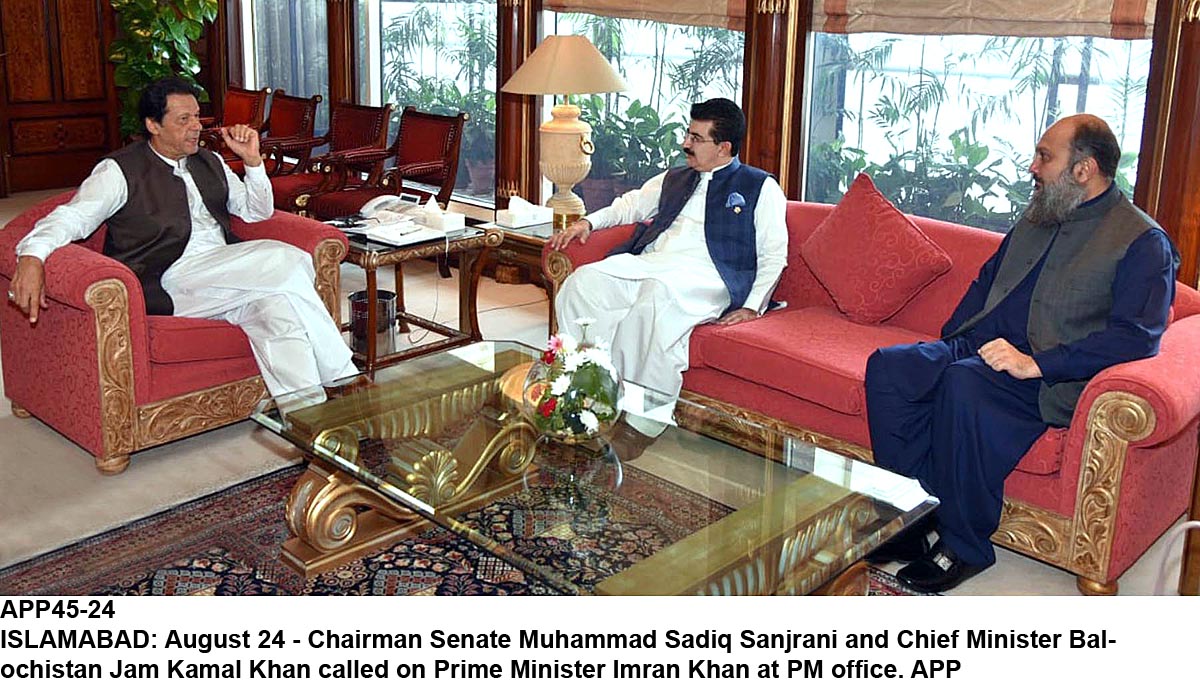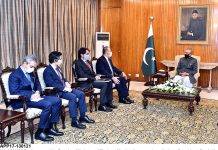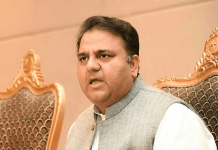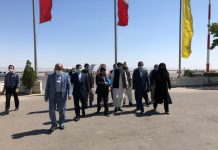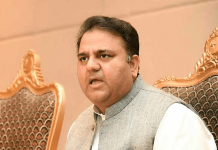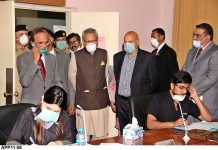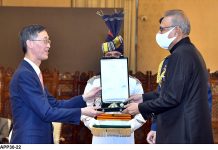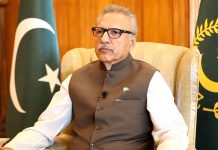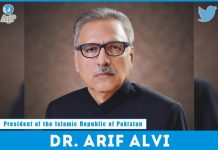ISLAMABAD, Sep 27 (APP): President Dr Arif Alvi called upon the state and government entities, civil society organizations, and the media to actively make use of Right of Access to Information Act, 2017 and participate in policy and normative discussions on access to information as a basic human right.
The president, in his message on the occasion of “International Day for Universal Access to Information” annually observed on September 28, said the Act was aimed at creating informed, educated and empowered citizens and building a more resilient, progressive, and democratic Pakistan.
“I am glad to say that Pakistan has enacted the Right of Access to Information Act, 2017 as a tangible step to provide the citizens with the right to seek, receive and disseminate information for making informed decisions, engaging the citizens in the democratic process, and overcoming the menace of corruption,” he remarked.
He said the Day was observed worldwide to recognise the communities’ right to access government-held information and to create awareness about everyone’s right to seek, receive and impart information aimed at building healthy, inclusive and knowledgeable societies by empowering the citizens to make informed decisions and holding their governments accountable for their decisions and actions.
He said this year, the International Day of Universal Access to Information was being celebrated under the theme of “Artificial Intelligence, e-governance and access to Information”.
“It aims to provide us with the opportunity to discuss access to government-held information to the citizens through e-Governance and application of Artificial Intelligence (AI), ponder upon the benefits and risks of using e-Governance and AI, and discuss and deliberate upon policy guidelines for improving access to information in the digital age,” President Alvi added.
He said the Day also highlighted the role of governments in implementing legal frameworks on access to information by adopting a robust and interconnected approach that guarantees good governance, sustainable development, strong democracy and protection of human rights.
This would help bring greater transparency and accountability in governance, build strong institutions for the public good, and ensure sustainable development for building resilient, inclusive and knowledge-based societies, he added.
